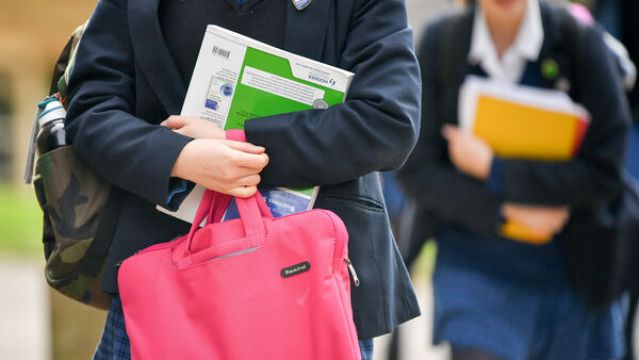Confirmed cases of Covid-19 among children of school-going age increased exponentially across the month of October and into November.
According to official statistics produced on a daily basis by the Health Protection Surveillance Centre, some 54%, or 3,163, of cases involving children aged 14 and under were recorded in October, the second month for which schools were open following the first wave of the virus.
A total of 85% of cases in children in that cohort have been noted by the HPSC since September.
However, the HSE and Nphet insist that transmission in schools is negligible.
At Thursday’s weekly HSE briefing on the virus, Paul Reid, its CEO, said family settings continue to be “a major driver” of cases, “schools, not so much”.
It's been a long 8 months for all. Its key not to condemn any parts of society. Younger & older populations, families, healthcare workers, business owners & many more have made huge sacrifices. Lets focus on keeping our resolve & valuing what people have done. @HSELive #COVID19
Advertisement— Paul Reid (@paulreiddublin) November 18, 2020
Meanwhile, in terms of incidences of outbreaks of the coronavirus, schools are currently ranked fifth in the HPSC’s list of settings, with 2% of all outbreaks to date, despite no such figures being noted before September.
With 179 confirmed outbreaks as of November 7, schools are ranked ahead of hospitals, and only behind workplaces, residential institutions, long-term residential care, and, with by far the largest percentage, private homes, with 73% of all noted outbreaks.
Hospitalisations in the under-15 age group have remained low, with just 102 noted since the beginning of the pandemic. Again, however, 32 of them occurred in October alone, a 31% rate across the pandemic.
These public-health statistics have caused concern among the families of children who struggle to satisfy the requirements for remote learning, despite living alongside vulnerable people at home.
"There is an onus under human rights law for all public bodies including schools to ensure that at-risk groups are treated fairly,” Liam Herrick, executive director with the Irish Council for Civil Liberties said.
“In any instance where a concern arises about children living with medically vulnerable adults, risk assessments should be carried out. The emphasis must be on ensuring access to education while protecting health,” Mr Herrick said.







